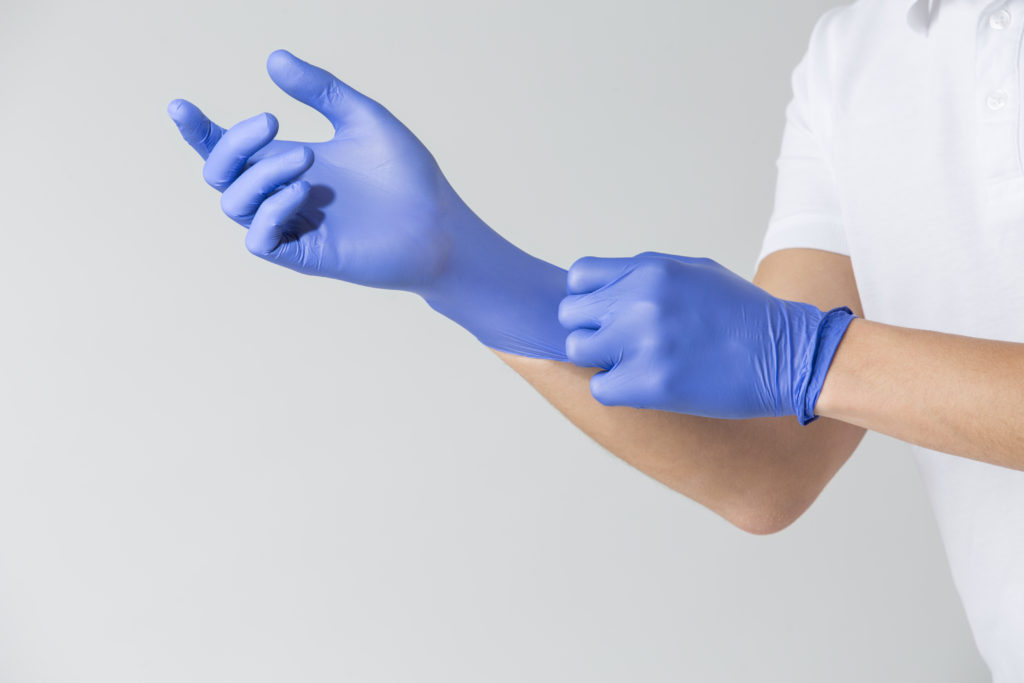Everything you Need to Know About Preparing and Recovering From Top Surgery
Everything You Need to Know About Preparing and Recovering from Top Surgery
For many transgender patients, top surgery is a momentous landmark on their road to living a life with authenticity. However, like other major surgeries, the procedure can be overwhelming. Knowing what to expect and where to start can reduce much of the anxiety.
If you are considering top surgery, we offer this checklist of critical tasks necessary to prepare yourself for the operation and recovery.
General Preparation
If you are seeing a psychiatrist or psychologist, continue your sessions. Working closely with your therapist is crucial during your transition. They will teach you coping skills to ease your mind of any concerns you may have with the procedure. Also, make sure your consultation with your surgeon is productive. They can alleviate any doubts you may have by helping you understand the surgical process and what you can expect. In the time leading up to top surgery, eat a healthy diet, and exercise regularly.
One Month Before Surgery
If you smoke, you need to quit at least one month before surgery. Smoking can slow down the healing process because it constricts blood vessels that deliver the nutrients critical in healing. You should continue to be smoke-free during the recovery period as well. If you haven’t already, begin a regimented diet and exercise program. Getting your body in better shape will help you during recovery.
Two Weeks Before Surgery
Limit your caffeine intake and reduce alcohol consumption. You should also stop taking certain medications. Your surgeon will be more precise on what you can and cannot take. If you are currently taking testosterone injections, you should be able to continue them depending on your schedule. However, you may need to stop these injections a day or two before surgery.
One Week Before Surgery
Fill any oral medications in the week leading up to top surgery. These may include antibiotics and pain medication. Start to prepare your home for your recovery. Keep essential items close by the areas you plan to spend most of your time, like on an end table by your bed or recliner. Your bathroom should also have necessary items moved to lower levels. Because you won’t be able to reach the higher shelves in your medicine cabinet or closet, you should move essential items you frequently use to where you can reach them. Precook meals like soups and casseroles that only need reheating.
The Night Before Surgery
Don’t eat or drink anything after midnight on the night before top surgery. Make sure you eat a balanced dinner and prepare to get as much sleep as possible. Although you may find it hard to sleep, do not take any sleeping pills. If you have hair on your chest, shave it. Also, trim down your beard if it hangs below your neck.
The Morning of Surgery
Before you go to the surgical center, you can shower using your usual shampoo and soap. Refrain from applying deodorant, colognes, lotions, or creams. You may brush your teeth, but avoid swallowing any toothpaste or water. Refrain from wearing contacts; choose your glasses today. Remove any piercings before you show up at the hospital.
Recovery
After top surgery, bandages and gauze will cover your incisions. A compression garment will also be present for support and to reduce swelling. Also, expect a small tube under the skin for drainage of excess fluid and blood. Your recovery period will last for several weeks. Make sure you follow your recovery instructions precisely.
Your surgeon will give you specific directives, which will include:
– How to care for your incisions
– When you can bath or shower
– How to administer medications
– What to look for at the incision site
– Follow up schedule
It’s essential to understand what is expected of you during the recovery period. During your consultation, make sure you ask plenty of questions on anything you may not understand. If questions arise during recovery, call your surgeon immediately.
Dr. Reid at Restora Austin works hard to understand the unique needs of the transgender community. He is very experienced in performing both MTF and FTM top surgery. To discuss your needs and goals, do not hesitate to schedule a consultation via email or phone at 512-371-8817. We look forward to getting to know you!

